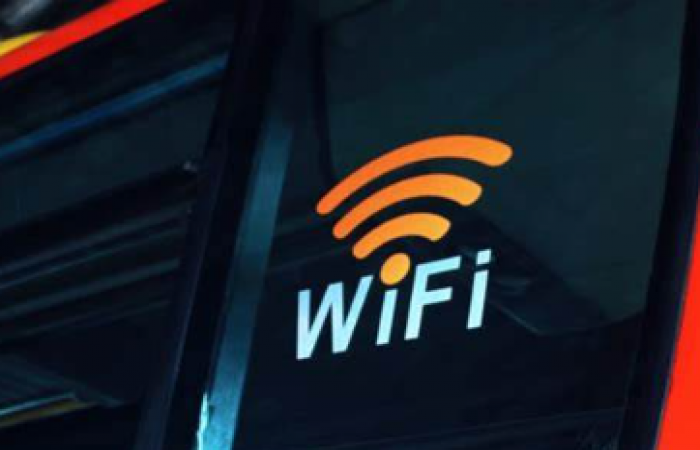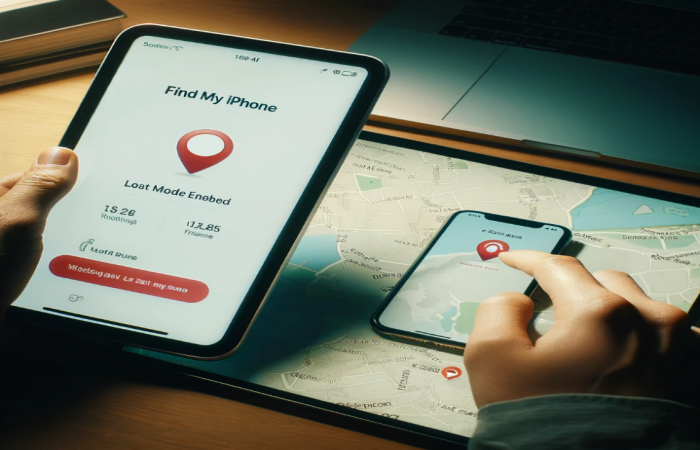
World's Fastest Internet
In a jaw-dropping leap into the future of internet technology, researchers in Japan have shattered the world record for internet speed, reaching a staggering 402 terabits per second (Tbps) — and they did it using standard optical fiber that’s already deployed in many parts of the world.
Let that sink in for a second. That’s fast enough to download 50,000 full-length HD movies in just one second. If you think your current 100 Mbps internet is fast, this speed is over 4 million times faster.
The record-breaking achievement comes from Japan’s National Institute of Information and Communications Technology (NICT). Instead of laying down new infrastructure, they cleverly utilized multi-core fiber (MCF) technology, squeezing more data through each strand of fiber by using multiple signal paths (cores) in the same fiber cable.
They used standard outer diameter fiber (0.125 mm) — meaning no new cables are required. This opens the door for the technology to be adopted worldwide without needing to tear up roads or dig new trenches for internet cables.
The team used advanced wavelength-division multiplexing (WDM) techniques, sending data across 1,505 channels at once using four different cores in the fiber, each handling separate light signals.
To give you some perspective:
4K Netflix stream? That’s about 25 Mbps. You could stream millions of 4K videos at once.
Online gaming? Ping would be virtually nonexistent.
Cloud storage and AI training? It could transform the way industries work.
This kind of speed isn’t just about binge-watching shows faster — it’s the future backbone for:
AI systems and massive data transfers
Remote surgery and real-time global collaboration
The metaverse and immersive VR experiences
Expanding 6G and beyond mobile networks
Although this isn’t something you’ll get in your home anytime soon, it shows where the world is heading. With this breakthrough using existing infrastructure, Japan has paved the way for supercharged global internet upgrades without breaking the bank.
This could also help bridge the digital divide, especially in densely populated urban centers and data-hungry nations where faster, more efficient internet is desperately needed.
Japan’s record-breaking speed shows that the future of the internet isn’t just about going fast — it’s about doing it smarter, more efficiently, and scalably. While we wait for ISPs to catch up, one thing’s clear: the race for the fastest internet just entered a new era.
















